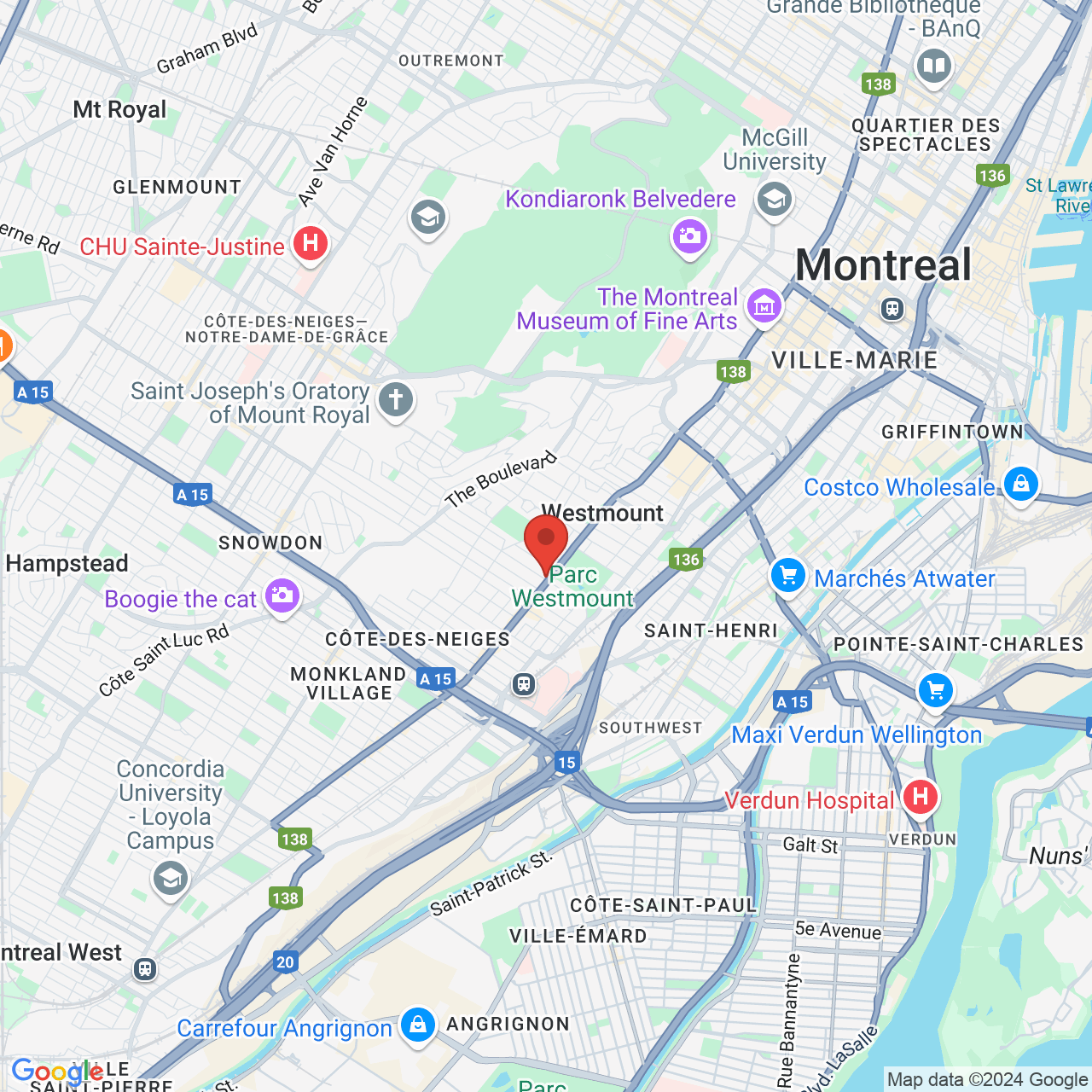Neuromuscular Dentistry Montreal
 The goal of neuromuscular dentistry is to place the jaw into its optimal resting position. While traditional dentistry limits treatment to the teeth, gums, and joints, neuromuscular dentistry measures the interaction between the muscles and nerves of the jaw in order to balance the teeth, joints, and muscles. When the jaw is realigned, the teeth and joints are no longer in conflict, and the jaw can function without pressure and tension.
The goal of neuromuscular dentistry is to place the jaw into its optimal resting position. While traditional dentistry limits treatment to the teeth, gums, and joints, neuromuscular dentistry measures the interaction between the muscles and nerves of the jaw in order to balance the teeth, joints, and muscles. When the jaw is realigned, the teeth and joints are no longer in conflict, and the jaw can function without pressure and tension.
To determine the optimal position of the jaw, we begin with a neuromuscular dentistry consultation at our Montreal area practice. Neuromuscular dentistry requires complete attention to detail, and precise measurements. Our advice and treatment plans are based on factual measurements of your jaw, not simply opinion. We use advanced diagnostic tools to measure the position and movements of your jaw. By evaluating the function of your bite, we can determine the position that will allow the muscles in your jaw to relax, easing pain and stiffness associated with TMJ disorders.
Why is Neuromuscular Dentistry So Important?
There are millions of people who suffer from migraines and constant pain and stiffness throughout the head, neck and face. Most of these people have no idea that these aches and pains are being caused by a misaligned jaw. The symptoms of neuromuscular disorders, including TMJ, are often so varied and complex that patients will be shuffled from doctor to doctor in the hopes of easing their discomfort. With neuromuscular dentistry, Montreal area patients now have the opportunity to be thoroughly diagnosed by dentists with advanced training in malocclusion (bite disorders). Patients who have been experiencing pain for years will finally receive the answers they have been looking for.
If you are experiencing any of the following symptoms please don't hesitate to schedule a neuromuscular dentistry consultation at our Montreal practice.
- Migraines or headaches
- Earaches or stuffiness of the ears
- Jaw or neck pain
- Back pain
- Difficulty swallowing, chewing, or opening your mouth
- Stiffness in the jaw
- Popping or clicking noises in the jaw
- Unexplained wearing of the teeth
- Chipped, cracked, or broken teeth
- Loose teeth
- Sensitivity to cold drinks
To learn more about TMJ disorders and neuromuscular treatment, contact our neuromuscular dentistry specialists in Montreal.

